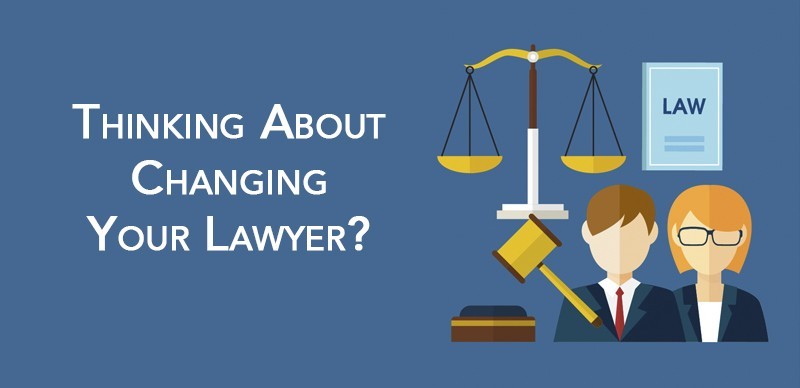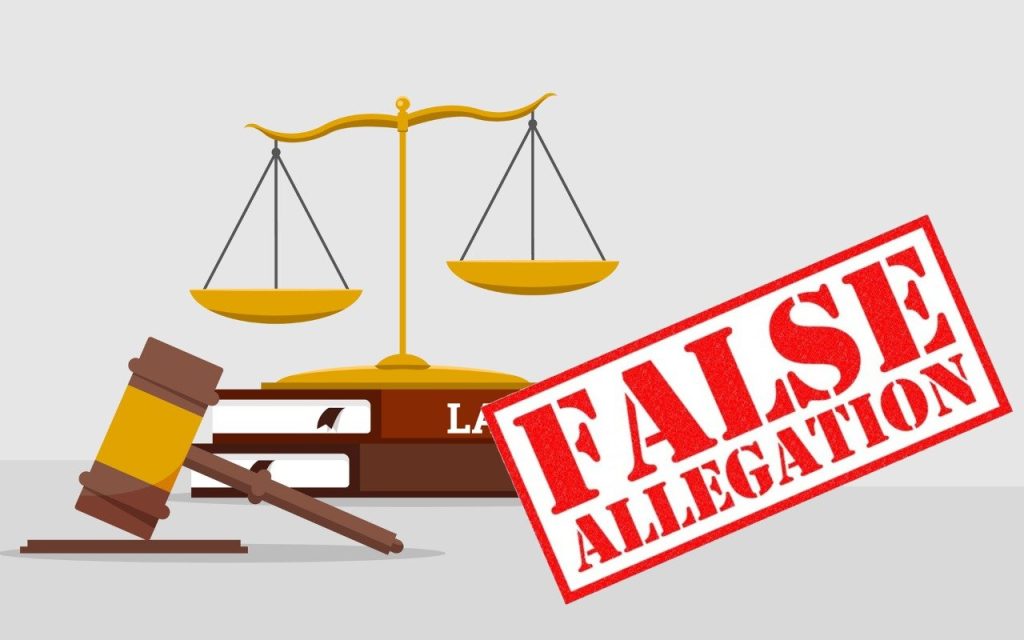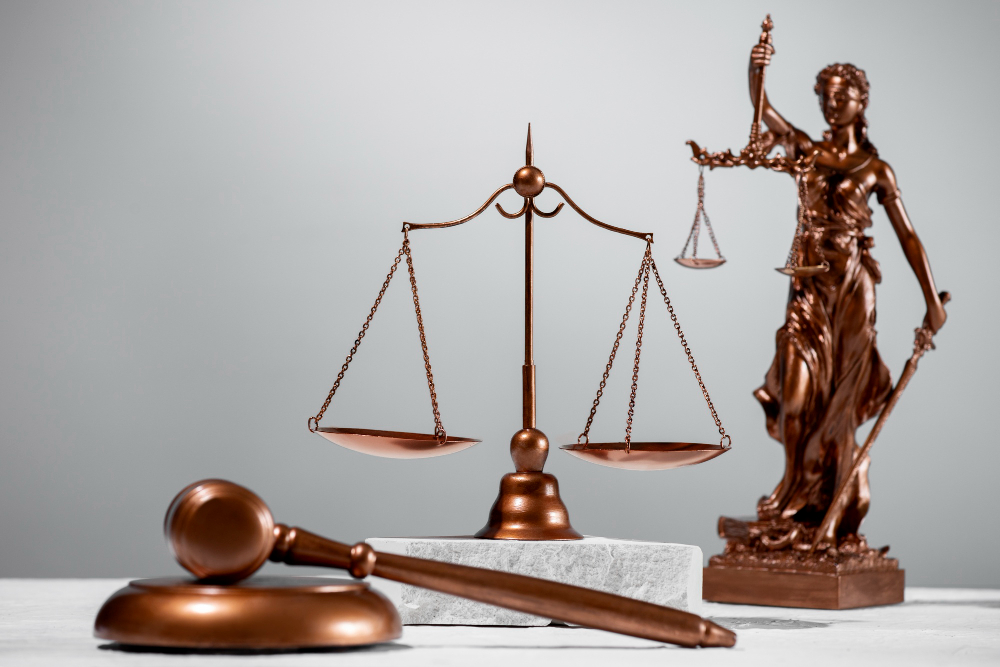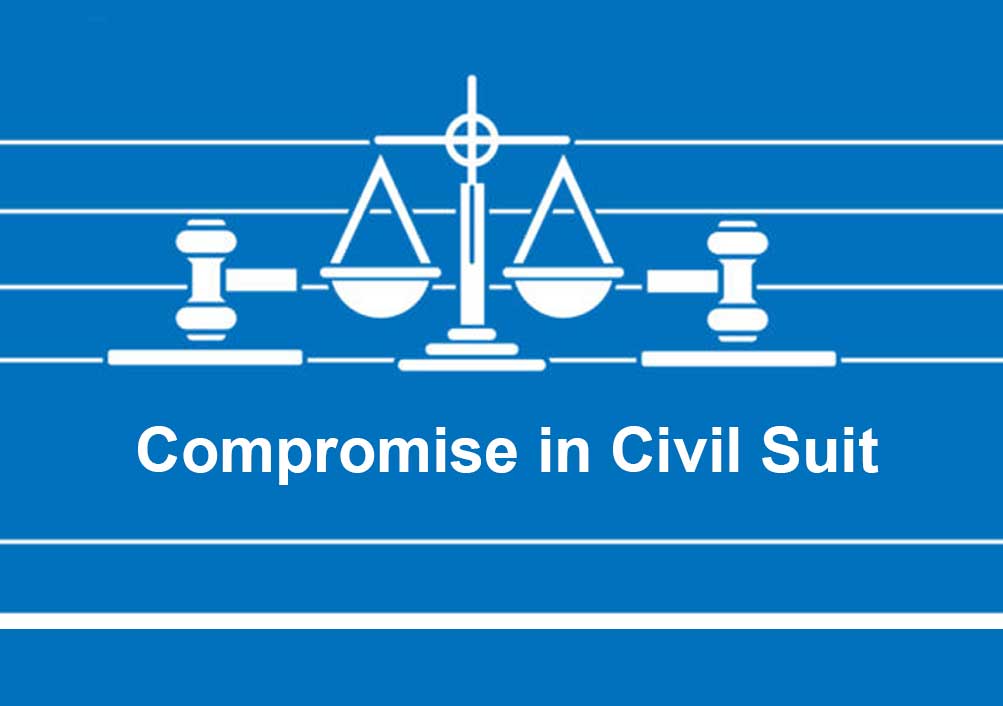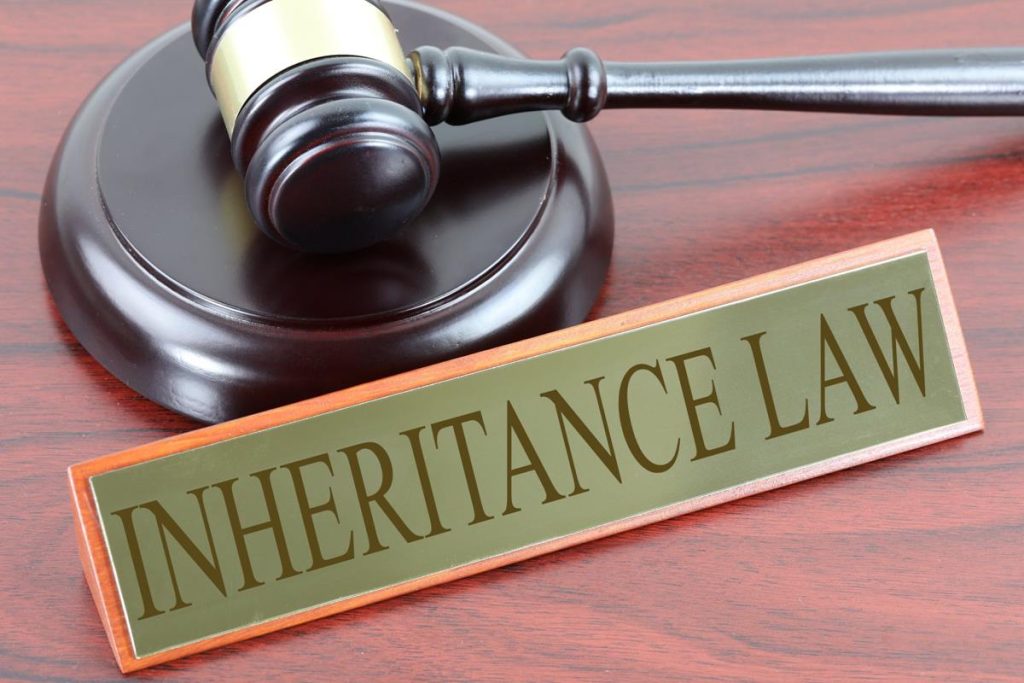The Hon’ble Supreme Court has recently held that the same Court that granted bail can also cancel it even if the conditions imposed were not contravened by the accused. This, the Hon’ble SC says, can be done if “there are serious allegations against the accused”. (Case in discussion: Ajwar v. Waseem & Anr, 2024 INSC 438) This observation may lead to some misinterpretation (in my humble opinion), and hence this article.
It is a settled law that cancellation of bail may be done by the same Court if the accused person; (a) misuses his liberty by indulging in similar criminal activity; (b) interferes with the course of investigation; (c) attempts to tamper with evidence or witnesses; (d) threatens witnesses or indulges in similar activities which would hamper smooth investigation; (e) may likely flee to another country; (f) attempts to make himself unavailable or becoming unavailable to the investigating agency; and (g) attempts to place himself beyond the reach of his surety.
The above grounds are illustrative and not exhaustive. But one can see that there must be certain grounds inorder to enable any Court to cancel bail.
Further, if such cancellation is sought before the same Court that granted the bail, then the same Judge who granted bail, must hear the cancellation petition too (Vikramjit Singh v. State of Maharashtra, Division Bench, 1992 Supp (3) SCC 62; Harjeet Singh v. State of Punjab, Division Bench, (2002) 1 SCC 649; Himanshu Sharma v. State of Madhya Pradesh, Division Bench, 2024 INSC 139). That is if the same Judge is available (Jagan Mohan Rao v. P.V. Mohan Rao, Division Bench, (2010) 15 SCC 491). Another exception is when the application for cancellation is made on different grounds that were not considered by the Judge who granted the earlier order, the same may be heard by a different Judge (Mehboob Dawood Shaikh v. State of Maharashtra, Division Bench, (2004) 2 SCC 362).
As one can see, a different Judge from the same Court can hear the cancellation petition if the earlier Judge did not pass orders based on the grounds on which the cancellation petition is put forth. That is, if the earlier Judge has already considered the merits of a ground, and has granted bail, then it is the same Judge, if the cancellation petition is filed before the same Court, who is best suited to see if any of the grounds for cancellation is made out (which may be contravention of any conditions imposed in the bail order, or may be any of the general grounds for cancellation listed above).
Having that in mind, we must now try to understand the difference between cancellation of bail and setting aside bail. Cancellation requires contravention of conditions imposed/ general conditions expected to be followed by an accused out on bail. Whereas setting aside bail requires that the bail order was passed by a Court-below does not contain reasons for the bail being granted/ the Court below did not consider material facts/ crucial circumstances (Puran v. Rambilas, Division Bench, (2001) 6 SCC 338; Narendra K. Amin v. State of Gujarat, 3-Judges Bench, (2008) 13 SCC 584; Ranjit Singh v. State of Madhya Pradesh, Division Bench, (2013) 16 SCC 797; Neeru Yadav v. State of Uttar Pradesh v. Division Bench, (2014) 16 SCC 508).
In these cases regarding setting aside bail, the power of a superior court to set aside bail was discussed. This is different from cancellation of bail.
Now coming back to the recent judgment of the Hon’ble SC – 3 of the accused persons had come with allegations against them that while on bail, they threatened one of the key eye-witnesses, and if it is in this context that the observation of the Hon’ble SC that the same Court can cancel bail if there are serious allegations against the accused, was made, then there may be no issues.
That is, if these “serious allegations” are not those that existed at the time of granting bail, and they are those that come into existence after bail is granted, then it can be said that the same Court has the power to cancel the bail, even if it is not a condition specifically imposed in the bail order. If those were serious allegations that existed before the bail was granted, but the Court did not consider them properly, then it is the superior Court that has to set aside the bail.
This must be differentiated and rightly understood.
In the case in discussion, the Hon’ble SC has considered serious allegations against the accused persons, and other material aspects “overlooked” by the High Court while granting bail. That is, those aspects existed prior to granting bail. It is in this specific context that the Supreme Court has held that the same Court can cancel bail.
However, as we see from the cases above, if there are material aspects overlooked by the Court granting bail, then it is the superior Court that has to set aside the bail. Hence, I believe this judgment needs reconsideration.
Views are personal. Contact for personal assistance.
Subscribe to the Lawyers’ Society Youtube Channel to receive informative legal videos.


